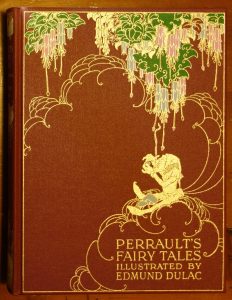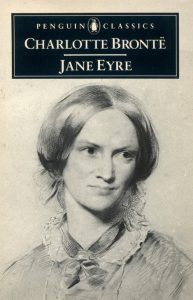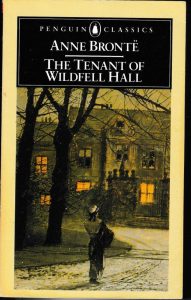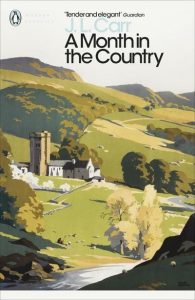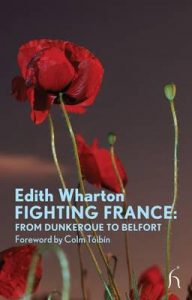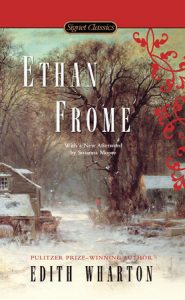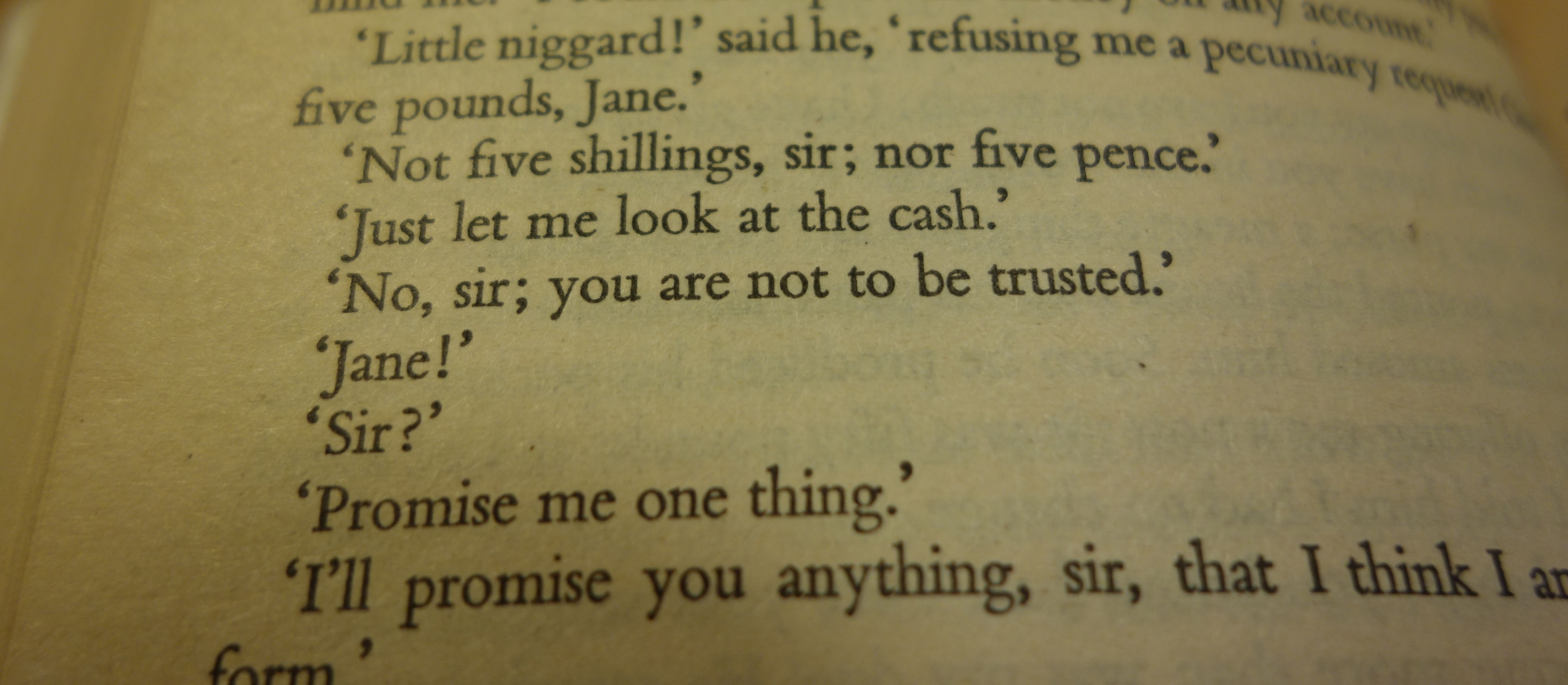A prompt from booksaremyfavouriteandbest – Begin with The French Lieutenant’s Woman by John Fowles, let it trigger the memory of another book, and another and another until there are six.
I read The French Lieutenant’s Woman when I was about 23, couldn’t put it down, and even read it under my desk at work when no one was watching. I’ve obsessively watched the movie seven times. Sarah Woodruff, the protagonist, touched me with her helplessness as a rejected woman of a lesser class who couldn’t seem to rise above it in anyone’s eyes.
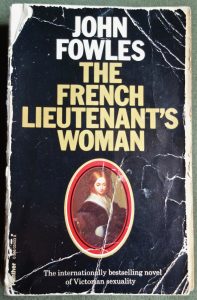
Here are the six:
1. Bluebeard: It’s not a book, it’s a story in Perrault’s Fairy Tales, one of my Christmas presents, but here’s the connection: when I took the cover photo (above) for this blog post, I also took a photo of Perrault’s Fairy Tales to send to my son. As for the tale of Bluebeard, a story of a husband who killed seven wives for being curious, I was reading it at breakfast this morning, the first of 2019, while my neighbours were roaring at each other from either side of a locked door, the wife having driven her husband out of the house. He was shouting threats of a bashing while I was reading of Bluebeard’s threat to cut the throat of his eighth wife. Mrs Bluebeard was saved in the nick of time when her brothers arrived. My neighbour’s wife was saved by the police coming to take her troublesome husband away.
2. Jane Eyre: Thinking again of The French Lieutenant’s Woman, I see a connection with my neighbour in the housing flats across the street. They are both women of a lower socio-economic group. I’d been equally moved by the situation of Charlotte Brontë’s Jane Eyre, never good enough in the eyes of richer folk.
3. The Tenant of Wildfell Hall: This novel by Charlotte’s sister Anne Brontë was recommended by a student whose PhD I was typing. The story rang true to me, but you wouldn’t want to know why.
4. A Month in the Country: It was the same student, now a friend, who bought me the gift of a Folio Society edition of J. L. Carr’s A Month in the Country in a slipcase. Loved it. Read it twice. A former WW1 soldier tries to restore a church fresco while battling post-war trauma. Having learnt of my grandfather’s misfortunes in WW1, this kind of story appeals to me.
5. Fighting France: From Dunkerque to Belfort: This small book by Edith Wharton then came to mind. I bought it in October in the heat of the commemoration of the end of the ‘Great’ war. It deals with WW1 through a woman’s eyes. Wharton’s writing is exquisite.
6. Ethan Frome: I’d earlier read another novel by Wharton, Ethan Frome. It blew me away. Her gift is the ability to evoke compassion in the reader, even for a character who is making a rod for his own back.
I was surprised and delighted to see The French Lieutenant’s Woman was the prompt book for this month. It’s been a favourite for so long that I was more than happy to play with it for “six degrees of separation”.
*

